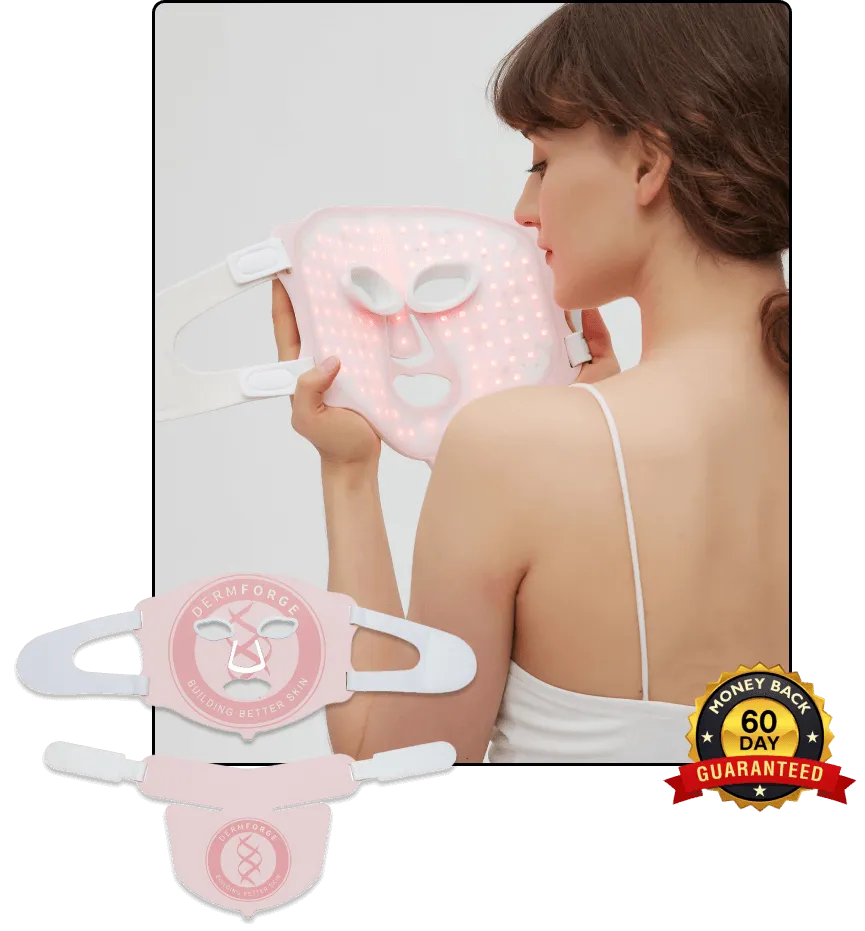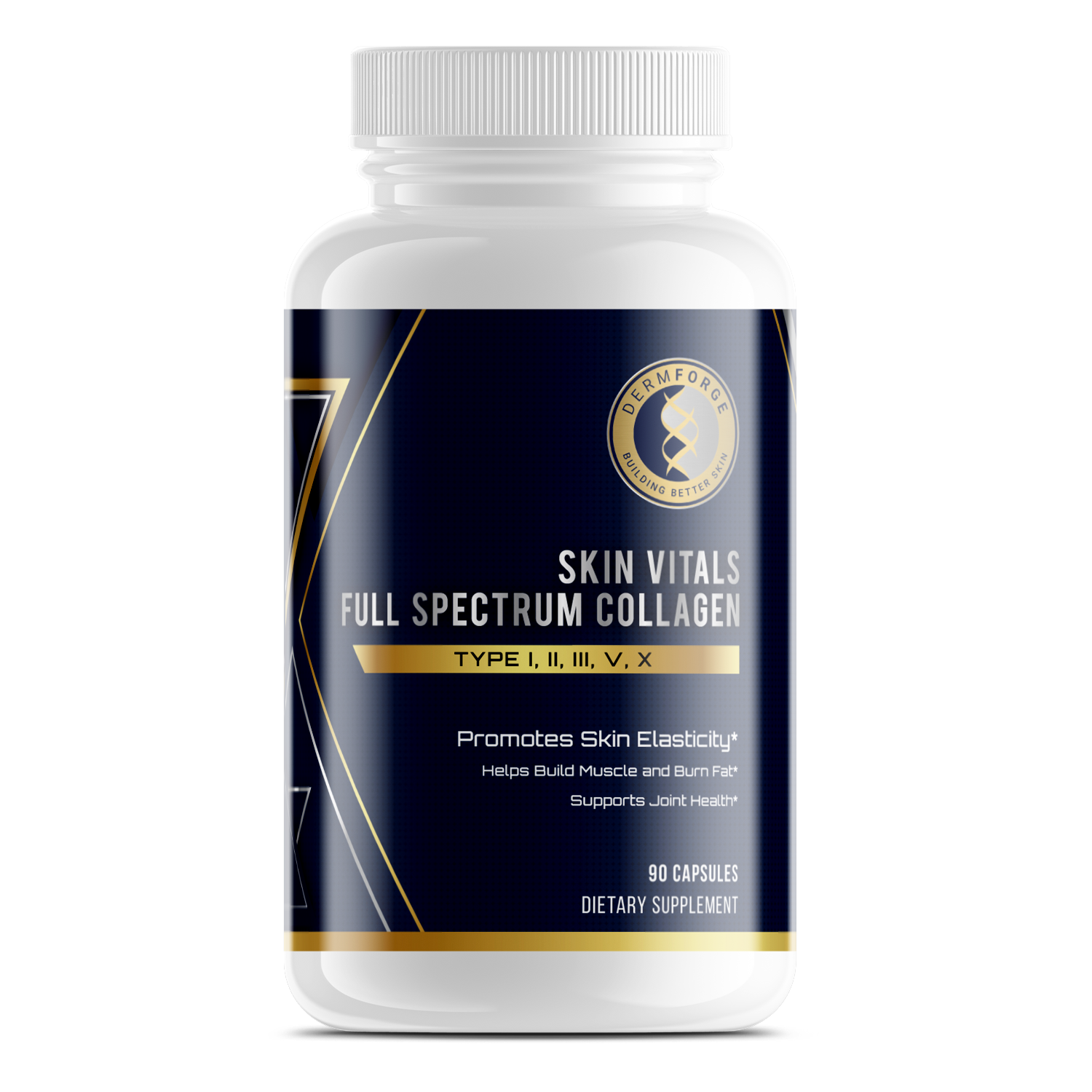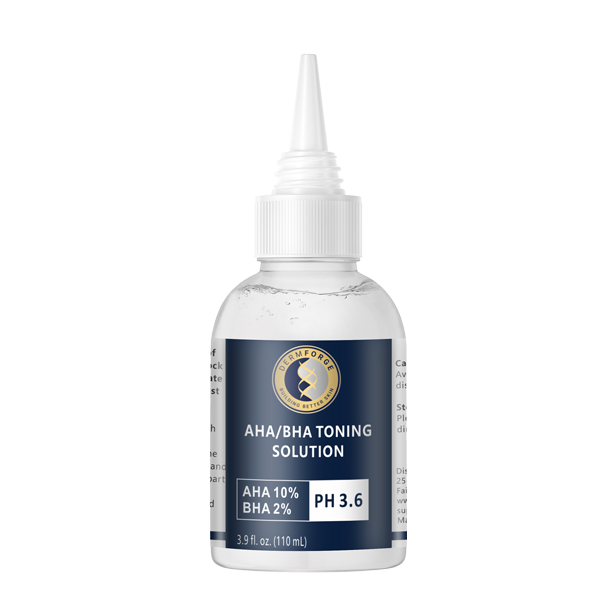Sun protection is a daily habit that supports your skin’s health over time. Choosing the right sunscreen can help prevent premature aging, sunburn, and other sun-related concerns. However, with so many options available, knowing what to look for may feel overwhelming.
Different sunscreens offer different levels of protection and benefits. Therefore, your skin type, lifestyle, and preferences all influence what works best for you. Additionally, sunscreen effectiveness depends on proper application and reapplication throughout the day.
SPF measures how well a sunscreen protects against UVB rays. However, it doesn’t account for UVA protection. Therefore, broad-spectrum sunscreens are recommended for complete coverage. These options help defend your skin from both burning and long-term damage.
Chemical and mineral sunscreens offer different advantages. Additionally, each works in unique ways to block or absorb ultraviolet rays. Therefore, choosing the one that suits your skin type will improve both comfort and protection.
However, even the best sunscreen won’t help if used incorrectly. You need to apply enough product and reapply it often. Additionally, layering sunscreen with other skincare products should follow the right order for optimal performance.
The key to effective sun protection is consistency. Whether you’re outside for hours or walking to your car, UV rays can still cause harm. Therefore, a reliable sunscreen should be part of your daily skincare routine.
By learning more about your options, you can simplify the process of choosing the right sunscreen. Additionally, understanding product labels and ingredients helps you protect your skin more confidently.
Understanding SPF: What It Really Means
Sun Protection Factor (SPF) measures a sunscreen's ability to protect your skin from UVB rays, which cause sunburn. A higher SPF indicates increased protection. For instance, SPF 15 filters out approximately 93% of UVB rays, while SPF 30 blocks about 97%. However, no sunscreen can block 100% of UVB rays.
SPF values represent the fraction of UVB rays that penetrate the skin. For example, SPF 30 allows about 3% of UVB rays through, and SPF 50 permits around 2%. Although the difference seems small, SPF 30 lets 50% more UV radiation reach your skin compared to SPF 50.
It's important to note that SPF primarily measures protection against UVB rays. UVA rays, which contribute to skin aging and cancer, are not accounted for in SPF ratings. Therefore, when choosing the right sunscreen, opt for a broad-spectrum product that protects against both UVA and UVB rays.
Higher SPF levels offer more protection but don't extend the duration of effectiveness. Reapply sunscreen every two hours, especially after swimming or sweating. Additionally, no sunscreen can block 100% of UVB rays, so complement its use with protective clothing and seeking shade.
Understanding SPF helps you make informed decisions about sun protection. By selecting an appropriate SPF level and applying it correctly, you can better safeguard your skin from harmful UV radiation.
Broad-Spectrum Protection: Why It Matters
When selecting a sunscreen, it's important to understand the significance of broad-spectrum protection. This term indicates that the product shields your skin from both UVA and UVB rays. UVB rays are primarily responsible for sunburn and can contribute to skin cancer. UVA rays penetrate deeper into the skin, leading to premature aging and also increasing cancer risk. Therefore, choosing a sunscreen labeled as broad-spectrum helps protect against both immediate and long-term skin damage.
Additionally, broad-spectrum sunscreens help prevent photoaging, which includes wrinkles and age spots caused by sun exposure. By incorporating such a sunscreen into your daily routine, you can maintain healthier and more youthful-looking skin. Remember, consistent use of broad-spectrum sunscreen is a key step in safeguarding your skin's health and appearance.
Chemical vs. Mineral Sunscreens: Key Differences
When choosing the right sunscreen, understanding the differences between chemical and mineral options is important. Chemical sunscreens absorb into your skin and convert UV rays into heat, preventing skin damage. They typically have a lighter texture, making them suitable for daily use. However, some individuals may experience skin irritation or allergic reactions to certain chemical ingredients.
On the other hand, mineral sunscreens sit on top of your skin, reflecting and scattering UV radiation. They contain active ingredients like zinc oxide and titanium dioxide, which are less likely to cause skin irritation. However, mineral sunscreens can have a thicker texture and may leave a white cast on the skin, which some users find less appealing.
When choosing the right sunscreen, consider your skin type and sensitivity. If you have sensitive or acne-prone skin, mineral sunscreens may be more suitable. For those seeking a lightweight feel, chemical sunscreens might be preferable. Always opt for a broad-spectrum sunscreen with an SPF of 30 or higher to effectively protect against both UVA and UVB rays.
How to Choose Sunscreen Based on Your Skin Type
Selecting the appropriate sunscreen involves understanding your skin type and its specific needs. Different formulations cater to various skin conditions, ensuring effective protection without causing discomfort or adverse reactions.
For oily skin, opt for lightweight, non-greasy sunscreens that offer a matte finish. If you have dry skin, choose sunscreens that provide hydration alongside sun protection. Look for formulations containing moisturizing ingredients like hyaluronic acid or glycerin to maintain skin elasticity and prevent flakiness. For instance, certain mineral sunscreens are known for their hydrating properties suitable for dry skin.
Sensitive skin requires sunscreens with gentle, non-irritating ingredients. Mineral-based sunscreens containing zinc oxide or titanium dioxide are often recommended due to their soothing properties.
For acne-prone skin, select non-comedogenic sunscreens that won't clog pores. Lightweight, oil-free formulations help protect your skin without exacerbating breakouts.
Additionally, consider any skin conditions or allergies when choosing a sunscreen. Always perform a patch test before full application to identify potential adverse reactions. Consulting with a dermatologist can provide personalized recommendations tailored to your skin's unique needs.
Common Sunscreen Ingredients to Look for and Avoid
When selecting a sunscreen, understanding its ingredients is essential for effective skin protection. Mineral sunscreens, containing zinc oxide or titanium dioxide, are often recommended for their safety and efficacy. These minerals sit on the skin's surface, reflecting harmful UV rays without significant absorption into the body. Additionally, they provide broad-spectrum protection against both UVA and UVB rays.
Conversely, certain chemical sunscreen ingredients have raised health and environmental concerns. Oxybenzone, for example, has been linked to hormone disruption and potential reproductive issues. Octinoxate and homosalate are also under scrutiny for similar reasons. Furthermore, some of these chemicals may harm marine ecosystems, leading to bans in various regions.
Additionally, preservatives like parabens, commonly used in cosmetics, have been debated regarding their safety. While some studies suggest potential health risks, others argue that parabens are effective and non-irritating compared to alternative preservatives. Nonetheless, many consumers prefer to avoid them due to lingering concerns.
When choosing the right sunscreen, it's advisable to opt for products with mineral-based active ingredients and minimal additives. Reading labels carefully and being aware of the potential effects of various components can help you make informed decisions for your skin's health.
How to Properly Apply and Reapply Sunscreen
Applying sunscreen correctly is essential for effective sun protection. Use about one ounce (a shot glass full) to cover your entire body. Apply it 15 to 30 minutes before heading outdoors to allow absorption. Don't forget areas like your ears, neck, and the tops of your feet.
Reapplication is just as important. Sunscreen wears off after about two hours, so reapply regularly, especially after swimming or sweating. Even on cloudy days, UV rays can penetrate, necessitating consistent protection.
Integrating sunscreen into your skincare routine enhances its effectiveness. Apply sunscreen as the final step after moisturizer but before makeup. This sequence ensures that your skin remains protected without compromising the efficacy of your skincare products.
For makeup wearers, reapplying sunscreen can be challenging. Consider using powder sunscreens or setting sprays with SPF for touch-ups throughout the day. These products allow for reapplication without disrupting your makeup, maintaining protection and appearance.
Choosing the right sunscreen and applying it properly safeguards your skin from harmful UV rays. Consistent use and reapplication help maintain skin health and prevent sun-related damage.
Conclusion
Applying sunscreen correctly is essential for effective sun protection. Use about one ounce (a shot glass full) to cover your entire body. Apply it 15 to 30 minutes before heading outdoors to allow absorption. Don't forget areas like your ears, neck, and the tops of your feet.
Reapplication is just as important. Sunscreen wears off after about two hours, so reapply regularly, especially after swimming or sweating. Even on cloudy days, UV rays can penetrate, necessitating consistent protection.
Integrating sunscreen into your skincare routine enhances its effectiveness. Apply sunscreen as the final step after moisturizer but before makeup. This sequence ensures that your skin remains protected without compromising the efficacy of your skincare products.
For makeup wearers, reapplying sunscreen can be challenging. Consider using powder sunscreens or setting sprays with SPF for touch-ups throughout the day. These products allow for reapplication without disrupting your makeup, maintaining protection and appearance.
Choosing the right sunscreen and applying it properly safeguards your skin from harmful UV rays. Consistent use and reapplication help maintain skin health and prevent sun-related damage.






